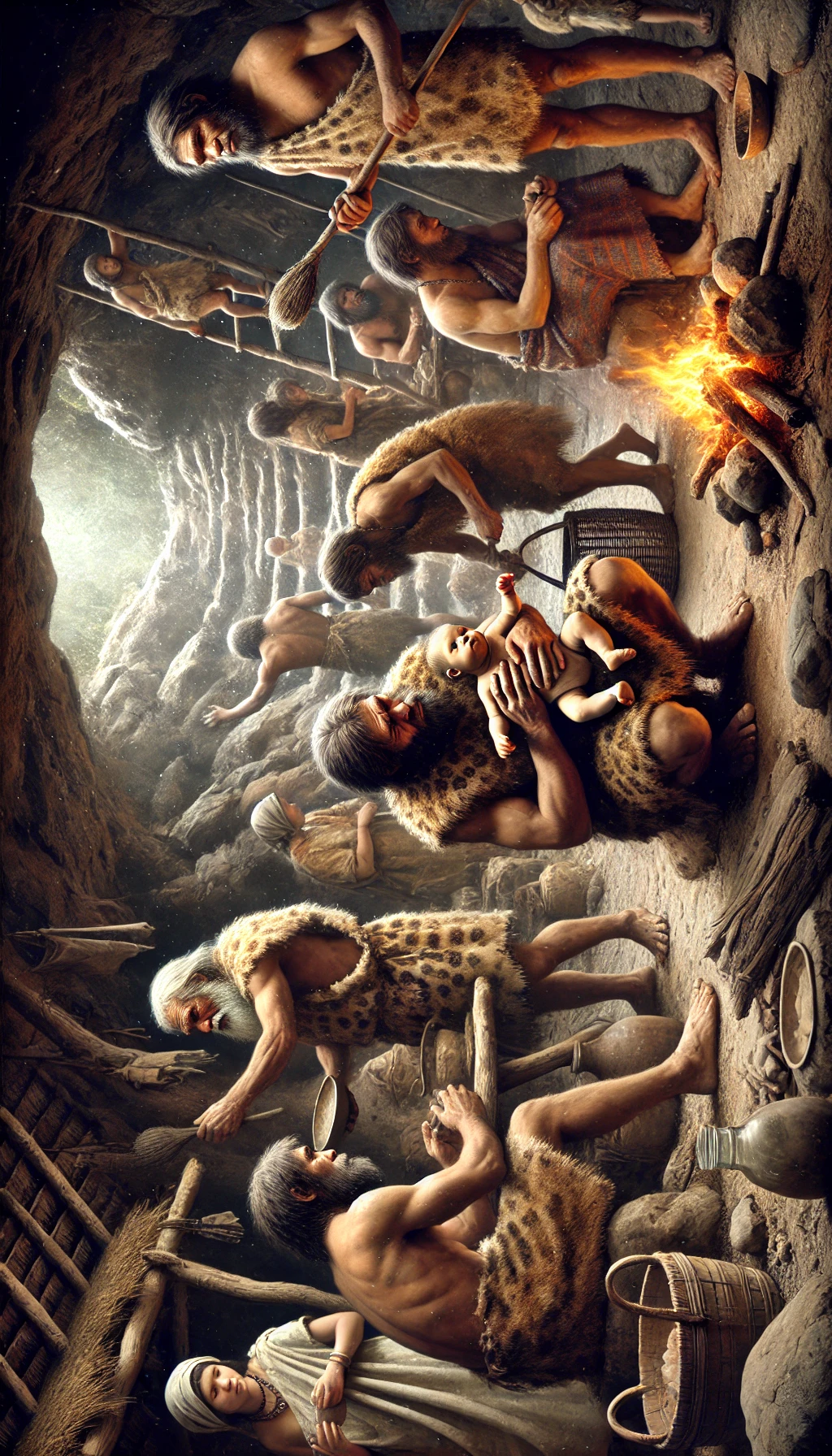 |
A recent study has uncovered a fossilized ear bone in a Spanish cave, revealing a Neanderthal child with Down syndrome who lived until the age of 6. This discovery challenges the brutish image of Neanderthals, suggesting they cared for their vulnerable members. The child, who lived over 146,000 years ago, needed continuous care due to severe hearing loss, balance issues, and muscle weakness. The findings, published in Science Advances, highlight the Neanderthals’ capacity for compassion and communal support, shedding new light on their social structure and altruism. |
What did the fossilized ear bone reveal about the Neanderthal child?
The ear bone revealed that the Neanderthal child had Down syndrome and lived until the age of 6, indicating the community provided continuous care.
How does this discovery change the perception of Neanderthals?
The discovery challenges the brutish image of Neanderthals, suggesting they were capable of compassion and cared for their vulnerable members.
What were some of the health issues faced by the Neanderthal child?
The child suffered from severe hearing loss, balance issues, muscle weakness, and episodes of vertigo, requiring intensive care.
Where and when was the fossil found?
The fossil was excavated from the Cova Negra archaeological site in Spain’s Valencia province in 1989 and identified during a recent review.
What does the study suggest about Neanderthal social structure?
The study suggests that Neanderthals had a social structure that involved caring for vulnerable members, highlighting their capacity for altruism and communal support.
Hashtags:
#Neanderthal #Archaeology #DownSyndrome #Paleoanthropology #FossilDiscovery #HumanEvolution #CompassionInAncientTimes #NeanderthalCare #AncientHumans #ScientificResearch #PrehistoricLife #Anthropology #NeanderthalChild #CovaNegra #AncientCompassion #SocialStructure #PrehistoricCare #ScienceAdvances #Paleontology #NeanderthalCommunity #NeanderthalLife #HumanHistory #ArchaeologicalFind #FossilResearch #AncientBones #NeanderthalDiscovery #HistoryOfCare #PrehistoricCompassion #NeanderthalFindings #ScientificStudy #AncientSociety